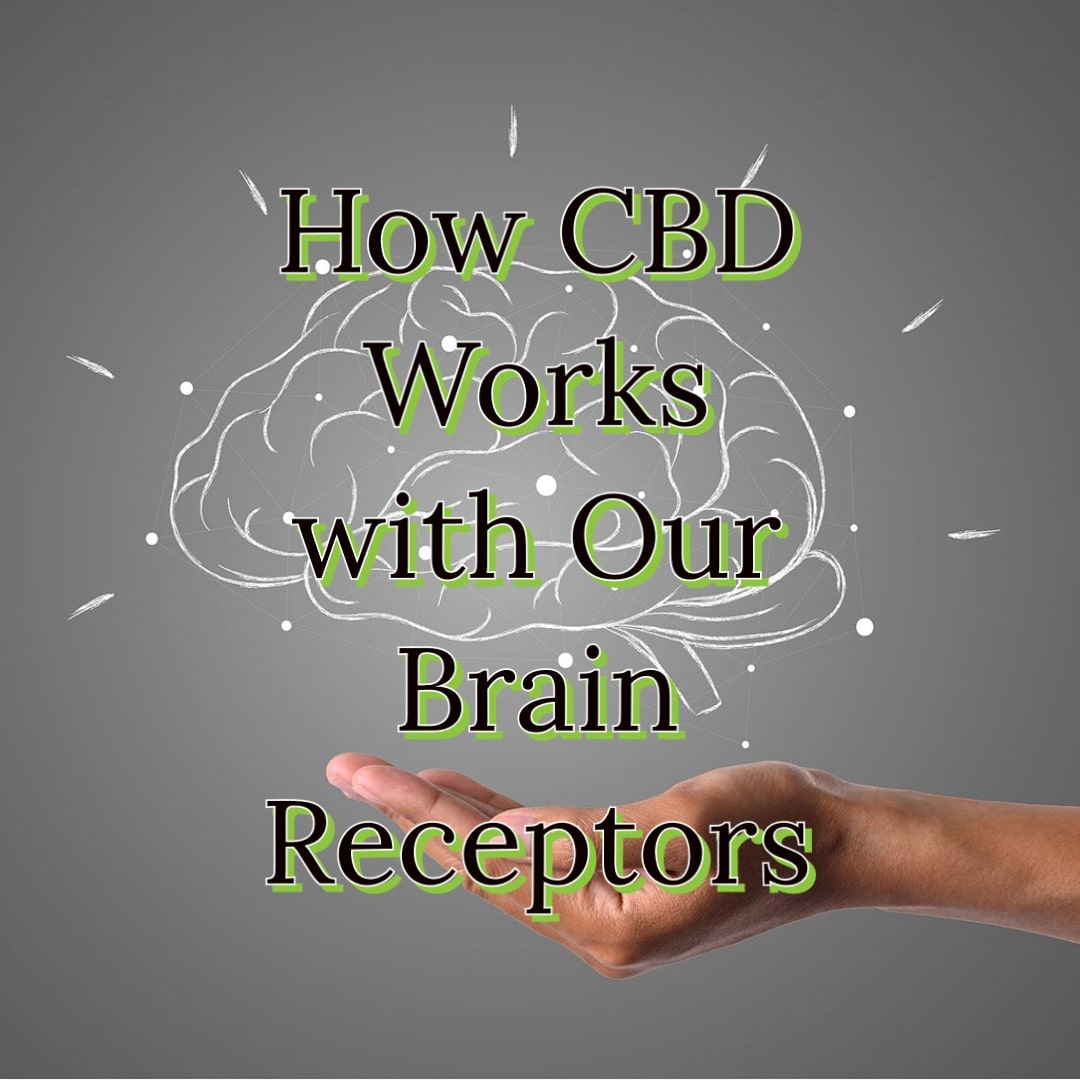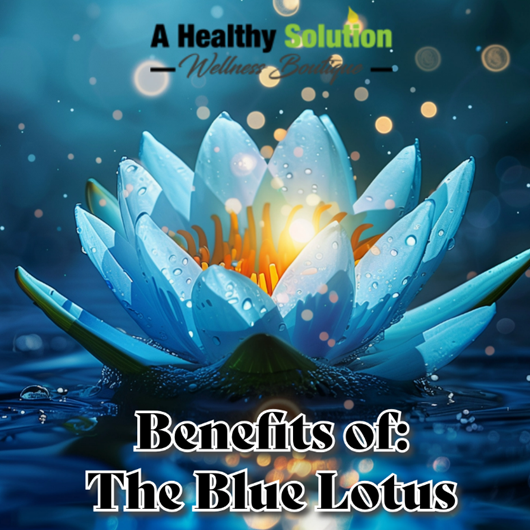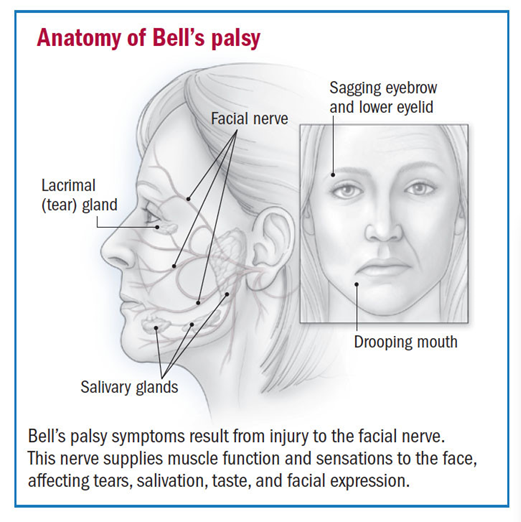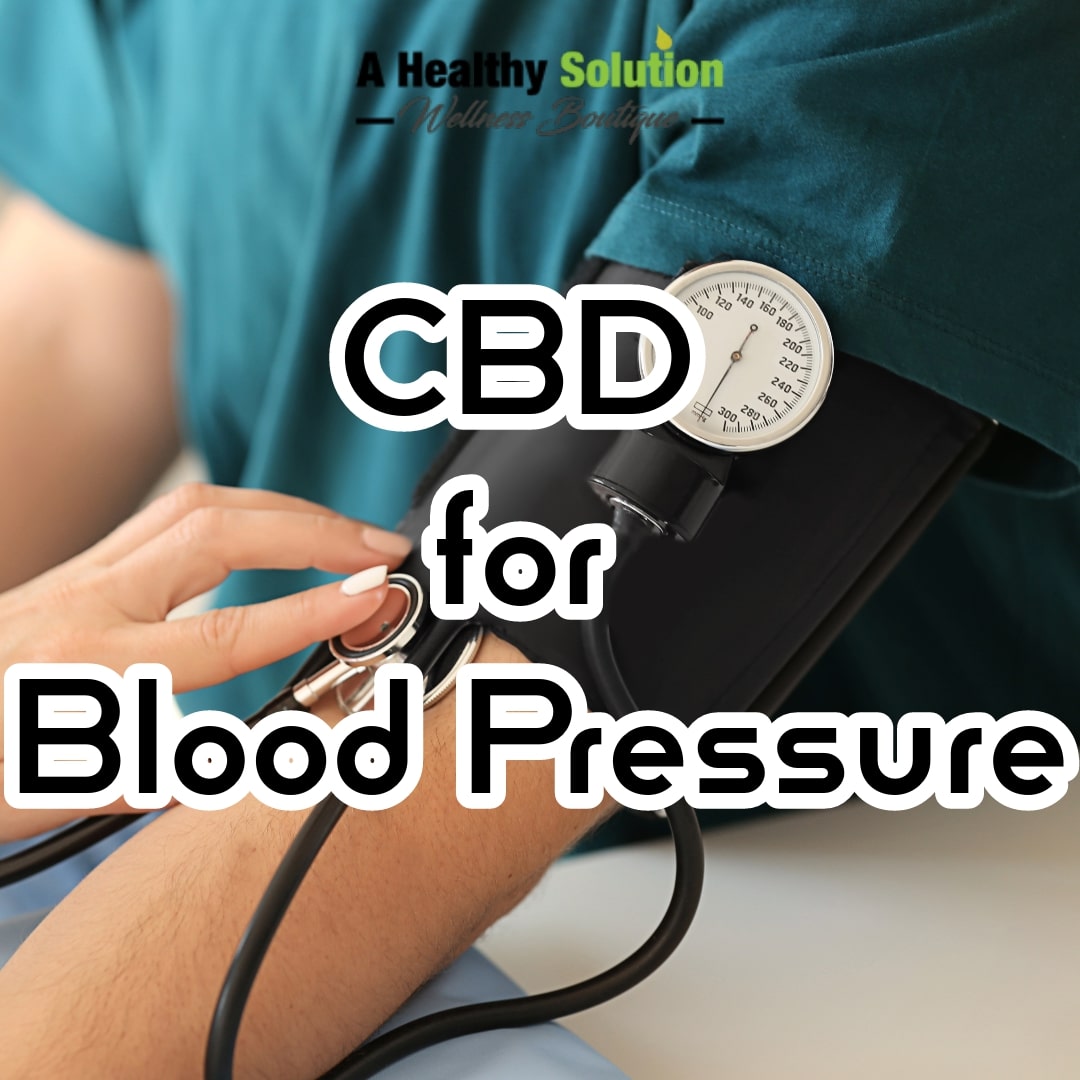CBD, also known as Cannabidiol, is a chemical compound/cannabinoid found in the cannabis or hemp plant. You may already know the compound THC, also known as Tetrahydrocannabinol, which comes from the same plant, except it causes a psychoactive effect. Unlike THC, CBD is non-psychoactive, and brings many different healing properties. Those being the ability to reduce anxiety, pain, inflammation, stress, depression, and many other conditions. This is due to the chemical compound of CBD, also known as Cannabidiol, and it ability to combine with the human brain’s CB1 and CB2 receptors.
What exactly are these CB1 and CB2 receptors? Does everyone have them in their brains? The short answer to that is, yes! This is called the endocannabinoid system (ECS), this system in the brain is responsible for so many of our day-to-day functions. Some of these functions including sleep, mood appetite, memory, etc. While experts are still learning more and more about these functions every day, but what we do know is incredible. Did you know that all humans have this endocannabinoid system in them even if they don’t use any form of cannabis? Everyone is born with this system and is in a homeostasis when we are born. Over time, our brains can get out of this homeostasis and become unbalanced, that’s where CBD can come in to help.
The endocannabinoids can bind to either receptor, the effects that result depend on where the receptor is located and which endocannabinoid it binds to. The CB1 receptors are located in the brain and throughout the body, while CB2 receptors are found mostly in the immune and gastrointestinal system; although CB2 receptors are also found in the brain, they are not expressed quite as densely as CB1 receptors. The ECS is complicated, and experts haven’t yet determined exactly how it works or all of its potential functions. Research Trusted Source has linked the ECS to the following processes: Appetite and digestion, metabolism, chronic pain, inflammation and other immune system responses, mood, learning and memory, motor control, sleep, cardiovascular system function, muscle formation, bone remodeling and growth, liver function, reproductive system function, stress, and skin/nerve function. These functions all contribute to homeostasis, which refers to stability of your internal environment. For example, if an outside force, such as pain from an injury or a fever, throws off your body’s homeostasis, your ECS kicks in to help your body return to its ideal operation.
CBD interacts with the way these receptors bind with THC, modulating the psychoactive effects. Beyond the endocannabinoid receptors, CBD activates other receptors and ion channels that have a plethora of positive effects. For example, endocannabinoids might target CB1 receptors in a spinal nerve to relieve pain. Others might bind to a CB2 receptor in your immune cells to signal that your body’s experiencing inflammation, a common sign of autoimmune disorders.
At AHS, we have a multitude of items that can help with many different conditions. For example, you can use our 750/300mg Peach Ring Gummies for stress and anxiety. Or you can try our 1500/2500mg AHS cream to help with topical aches and pains.
Please consult your primary care physician before starting a new treatment. Our team of specialists are always available to provide you with education and assist you with any questions regarding CBD and any other cannabinoids you may be curious about.






Leave A Comment
You must be logged in to post a comment.